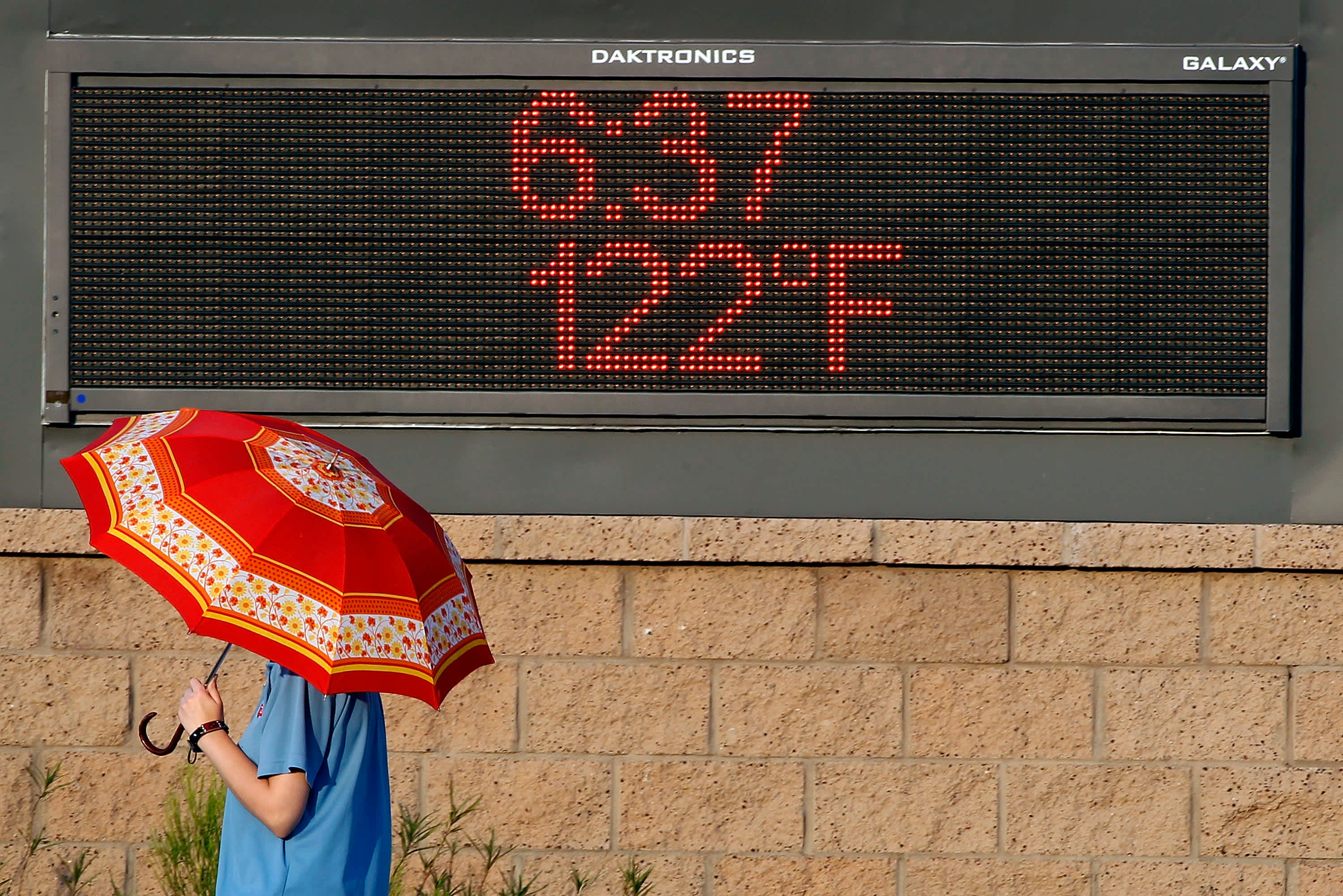Democratic leaders of the Massachusetts House and Senate have agreed to a broad framework for up to $500 million in additional tax relief that would see credits for low-income earners, parents, renters and seniors expanded, and the "archaic elements" of the state's estate tax reformed.
The deal comes on the heels of last week's announcement from House Speaker Ron Mariano and Senate President Karen Spilka that they would ask their branches to return roughly $500 million to taxpayers through rebate checks of $250 per person to income-eligible individuals to blunt the impacts of inflation on gas, groceries and other expenses.
"With the shared goal of providing necessary economic relief to our residents this session, we are pleased to announce that House and Senate leaders have agreed to a framework for structural changes to our tax code that will reduce income inequality, make Massachusetts more competitive nationally, and lessen the crippling impact of rising prices, inflation, and economic uncertainty," Mariano and Spilka said in a joint statement released Monday morning.
The statement, also signed by House Ways and Means Chairman Aaron Michlewitz and Senate Ways and Means Chairman Michael Rodrigues, indicated that while the details of the package had yet to be finalized, the central elements of the bill had been agreed to by leaders in both branches.
Get Boston local news, weather forecasts, lifestyle and entertainment stories to your inbox. Sign up for NBC Boston’s newsletters.
The Democrats leaders said the plan calls for an expansion of the senior circuit breaker tax credit for older residents who rent or own their homes, as well as increases to the earned-income tax credit and the child and dependent caregiver tax credits.
The proposal is also expected to "offer assistance to renters and eliminates the most punitive and archaic elements of our estate tax that have made Massachusetts a national outlier," the top Democrats said. Massachusetts currently taxes inherited estates worth more than $1 million, but Gov. Charlie Baker and others have called for raising that threshold to $2 million and making other adjustments.
With the rebates announced last week, the new tax relief framework would push the value of the full package to about $1 billion, eclipsing the $700 million in tax cuts first proposed by Baker in January. The Massachusetts Taxpayers Foundation has estimated that the surplus for the fiscal year that ended on July 1 could be as high as $3.6 billion.
"We look forward to ironing out the final details of the taxpayer relief package, bringing it to our members for discussion and debate, and ultimately adopting this critical legislation," Spilka, Mariano, Michlewitz and Rodrigues said.
Formal legislative sessions for the year are due to end on July 31 when lawmakers will turn their attention to election season. Much remains to be done to accomplish a long priority list outlined by House and Senate leaders, who are still adding new proposals to the pile.
House leaders later this morning are expected to provide details of their tax reform package alongside separate economic development spending plans. Baker proposed a $3.5 billion jobs bill that was reduced by the Joint Committee on Economic Development to $1.2 billion when it cut the governor's plan to spend the state remaining American Rescue Plan Act funds.
It's unclear whether House leaders will attempt to roll the tax relief package into the economic development bill or consider each separately.
While the details will matter, the contours of the new tax reform plan closely align with tax reform priorities outlined at the beginning of the year by Gov. Charlie Baker.
On July 1, the Joint Committee on Revenue voted 17-0 to advance a $600 million redraft of Baker's tax relief plan that kept most of his bill intact but did not feature the governor's call for a cut in the short-term capital gains rate.
In addition to the estate tax changes, Baker proposed doubling dependent and child care tax credits and the senior circuit breaker property tax credit and increasing the cap on deductions for rent payments from $3,000 to $5,000.
The Republican governor also proposed raising the income level at which people are required to file taxes to match the federal income exemption, a move the Executive Office of Administration of Finance said would affect about 234,000 low-income taxpayers and cost the state $41 million on an annualized basis.
In the days since Democratic leaders outlined their proposal to send rebate checks to taxpayers by the end of September, the relief plan has come under scrutiny from the Massachusetts Budget and Policy Center and some progressives over the proposed income-eligibility thresholds that would disqualify anyone who earned less than $38,000 a year.
Sign up for our Breaking newsletter to get the most urgent news stories in your inbox.
The plan also calls for cutting off eligibility for rebates at $100,000 for an individuals and $150,000 for a couple who filed taxes jointly.
Mariano, Rodrigues and others defended the plan by pointing to the $500 million in pandemic relief checks that went out earlier this year to low-income residents, but some are calling for the $38,000 floor to be eliminated.
Sen. Diana DiZoglio, who is running for state auditor, sent a letter to Spilka over the weekend asking her to reconsider the income eligibility standards in the proposed rebate program before it goes to the floor for a vote.
"Our lowest income families need us our support now," DiZoglio wrote. "This is an urgent priority for those families, and I urge you and others in our leadership to remove the income floor so that our lowest income earners are also eligible for the proposed rebates."



